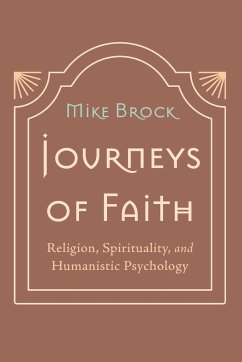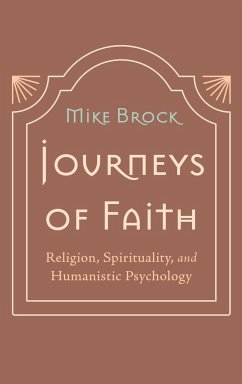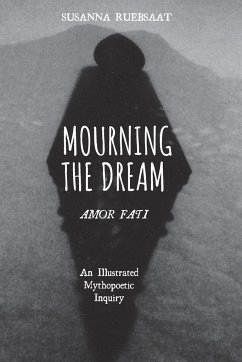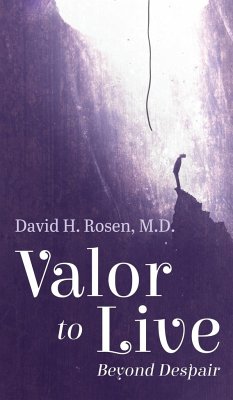Journeys of Faith examines the contributions of the leading figures of the humanistic psychology movement, with particular attention to their spiritual journeys. Rising to prominence in America during the post-World War II years, humanistic psychology is experiencing a resurgence in the present day in response to the need for a psychological approach that addresses meaning and purpose in life. The key players--Abraham Maslow, Carl Rogers, Erich Fromm, and Rollo May--all rejected the orthodoxy of their religious inheritance in favor of a more humanistic approach and, in the process, discovered a renewed spirituality that, they hoped, would address the concerns of a world yearning for something to believe in. While the humanistic psychologists confronted the world's problems through the lens of psychology, other thinkers, such as the evolutionary biologist Julian Huxley, approached them through different, though equally humanistic, perspectives. Others still, such as Paul Tillich, Martin Buber, and Pierre Teilhard de Chardin, confronted the times through a religious lens. The influence of the centuries-long Jewish tradition of scholarship and social justice and the frequent examples of friendship and professional cooperation between the secular and the religious worlds provide critical subthemes for the lasting appeal of humanistic psychology.








